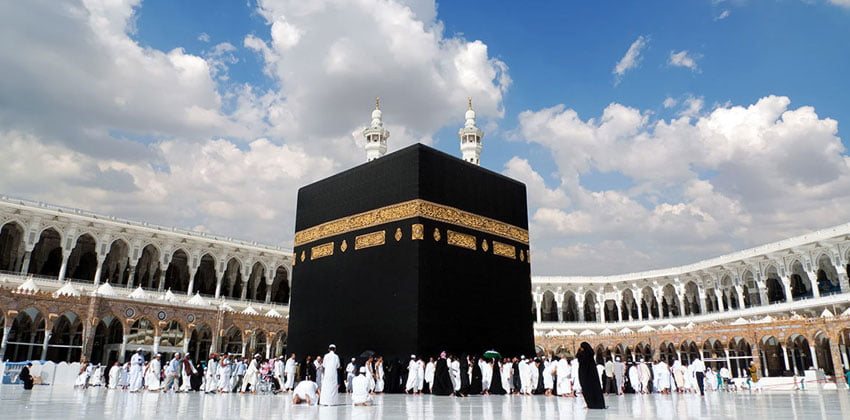we are providing Hajj and Umrah services. The Hajj is a mandatory religious obligation for all adult Muslims who are physically and financially able to perform it, while the Umrah is a non-mandatory pilgrimage that can be performed at any time of the year. Some key points to consider when discussing Hajj and Umrah include:
Hajj
The Hajj is a pilgrimage to Mecca that takes place during the Islamic month of Dhu al-Hijjah. The Hajj consists of a series of rituals and acts of worship, including walking around the Kaaba seven times, standing at Mount Arafat, and participating in the stoning of the devil. The Hajj is considered to be one of the five pillars of Islam and is a once-in-a-lifetime obligation for all adult Muslims who are able to perform it.
Umrah
The Umrah is a pilgrimage to Mecca that can be performed at any time of the year and does not have the same level of religious obligation as the Hajj. The Umrah consists of a series of rituals and acts of worship, including walking around the Kaaba seven times, and walking between the hills of Safa and Marwa. Unlike the Hajj, the Umrah does not have a specific time or date and can be performed multiple times in a person's lifetime.
Preparation
Preparing for the Hajj or Umrah involves both physical and spiritual preparation, including obtaining a visa, arranging transportation and accommodations, and performing spiritual acts of worship and charity. It is recommended to seek guidance from a knowledgeable and experienced Hajj or Umrah guide to ensure that the pilgrimage is performed properly and in accordance with Islamic law.
Health considerations
The Hajj and Umrah can be physically demanding, so it's important to be in good health before embarking on the pilgrimage. This may include obtaining medical clearance from a doctor and taking necessary precautions, such as obtaining necessary vaccinations and taking measures to prevent the spread of disease.
Cost
The cost of performing the Hajj or Umrah can vary depending on a variety of factors, such as the time of year, the type of transportation and accommodations, and the level of services provided. It's important to consider the cost of the pilgrimage and plan accordingly, taking into account any financial constraints or limitations.

